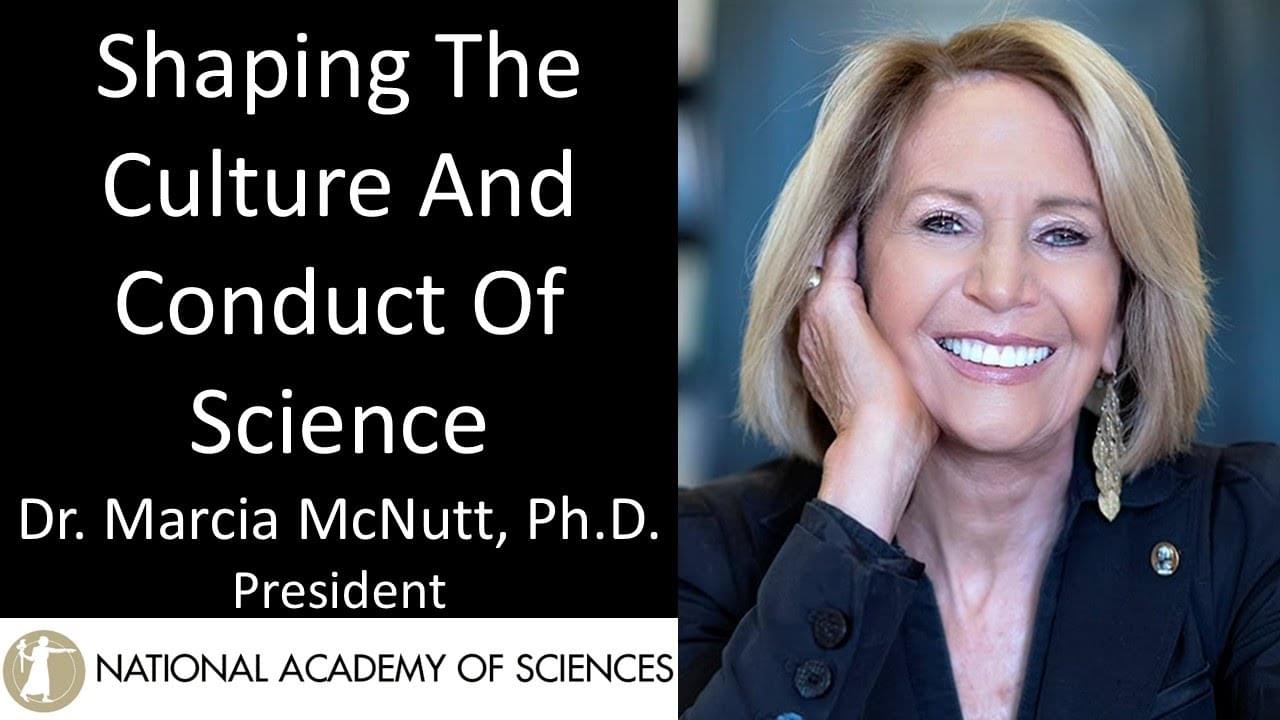Jan 12, 2025
Mark Zuckerberg Says AI Could Soon Do The Work Of Meta’s Midlevel Engineers
Posted by Bruce Burke in categories: business, government, robotics/AI, security, supercomputing
In today’s AI news, this year coding might go from one of the most sought-after skills on the job market to one that can be fully automated. Mark Zuckerberg said that Meta and some of the biggest companies in the tech industry are already working toward this on an episode of the Joe Rogan Experience on Friday.
In other advancements, NovaSky, a team of researchers based out of UC Berkeley’s Sky Computing Lab, released Sky-T1-32B-Preview, a reasoning model that’s competitive with an earlier version of OpenAI’s o1. “Remarkably, Sky-T1-32B-Preview was trained for less than $450,” the team wrote in a blog post, “demonstrating that it is possible to replicate high-level reasoning capabilities affordably and efficiently.”
And, no company has capitalized on the AI revolution more dramatically than Nvidia. The world’s leading high-performance GPU maker has used its ballooning fortunes to significantly increase investments in all sorts of startups but particularly in AI startups.
Continue reading “Mark Zuckerberg Says AI Could Soon Do The Work Of Meta’s Midlevel Engineers” »

















